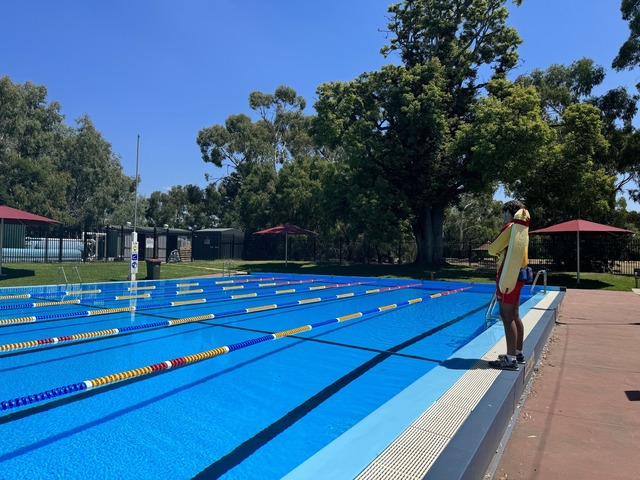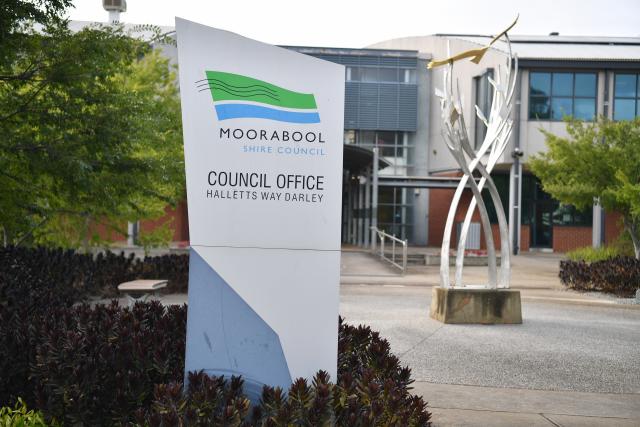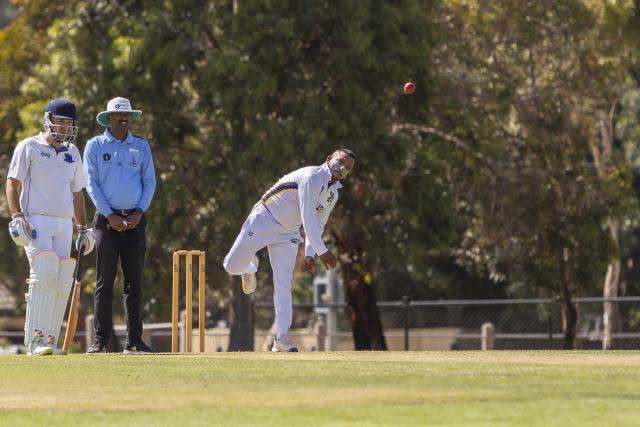The death of a Brookfield woman who waited 16 minutes for an ambulance has prompted more calls from Melton paramedics for improved services to Melbourne’s outer suburbs.
The 68-year-old woman suffered a cardiac arrest on May 6 and waited more than 15 minutes for an ambulance, which is the state government’s benchmark for serious dispatches.
Ambulance Employees Australia (AEA) said Victoria’s ambulance crisis had “plunged to new depths”, revealing there were seven deaths in three days recently.
In each case, patients aged from 30 to 80 years suffered cardiac arrest. All seven of the responses were to code ones and exceeded the 15 minute benchmark.
Rockbank paramedic Sasha Peers said the problem was caused by Melton’s ambulances being tied up in other areas, which she said happened several times a day.
“There’s three crews during the day and two at night in Melton, but the big issue is as soon as these resources are tied up, that’s it,” she said.
AEA secretary Danny Hill said paramedics from Melton and other peripheral areas were “sucked into the city” and unable to get back where they were meant to be.
“A Melton ambulance will bring a patient to a hospital closer in, but once they clear at that hospital and offload, they’re the nearest crew to St Kilda and will be dispatched out there,” Mr Hill said.
“You don’t just go back into your area, so Melton’s left unattended. That’s why response times in Melton often blow out.”
The next closest ambulance crew is in Bacchus Marsh, but Ms Peers said they were often already tied up. “The Sunbury or Werribee crews often come out to Melton jobs, and if they’re busy we’re forced to get Craigieburn, which is 60 kilometres away,” she said.
Ms Peers said resources were also being tied up with lower priority jobs, and that the present dispatch system was flawed.
“It’s not about discouraging people to call an ambulance when need be, but the current dispatch means paramedics are driving to jobs they shouldn’t be, and the bigger jobs are put second,” she said.
“For example when people are short of breath, it’s automatically pushed to high priority … they may not be short of breath because of a cardiac condition, it may be because they’re panicked or crying. It needs to be evaluated better.”
However, Ambulance Victoria general manager of regional services Tony Walker said a range of reforms, including a computer-aided dispatch system and extra paramedics, had been introduced in recent years.
“There is a campaign by the union to continually misrepresent the survival rates of Victorians who experience cardiac arrest and a sudden-death collapse,” Mr Walker said.
“Evidence shows these reforms mean the Victorian survival rates from cardiac arrest have continued to improve in the past few years, making them among the world’s best,” he said. “In rural Victoria survival rates have, in fact, doubled in the past decade.”
– with The Age
















